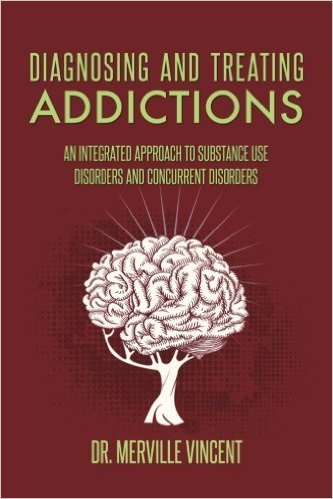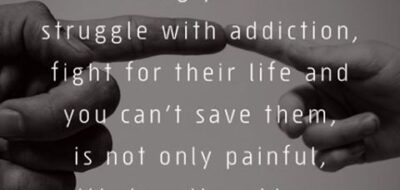Shared from Bellwood Health Services. http://www.bellwood.ca/blog/
There is clearly a very important relationship between anxiety symptoms, disorders and addiction. Research has repeatedly demonstrated an important relationship between anxiety disorders and substance use disorders in both directions.
Patients who suffer from an anxiety disorder such as generalized anxiety disorder, panic attacks with or without agoraphobia, social anxiety disorder and Post Traumatic Stress Disorder have a higher rate of developing addictions to alcohol and other drugs. Conversely, patients who are identified with substance use disorders have an elevated risk of having an underlying anxiety disorder or significant anxiety symptoms, associated with their addiction.
The Trap
The implications of this relationship are important. There are clearly some patients who identify using alcohol or other substances as a means of coping with their anxiety disorders. This process has been described as “self-medication”. This is particularly true with substances that are sedating “downers” such as alcohol, benzodiazepines, marijuana and opioids as common examples. While these may initially appear to provide effective temporary relief from anxiety symptoms, the development of subsequent addiction, in vulnerable populations, inevitably leads to further problems and challenges. Tolerance frequently develops, requiring increasingly larger quantities of these drugs to reduce anxiety symptoms and withdrawal symptoms generate or exacerbate anxiety when the substances are not available. This leads to a very complicated “trap” where the addiction continues to progress and the initial benefits are no longer present.
Stress Vulnerability Hypothesis.
Commonly, individuals will experience a high level of anxiety when undergoing withdrawal or intoxication from various substances, even though they do not have an actual anxiety disorder prior to the development of addiction. There is also considerable interest in the concept that there may be a shared genetic vulnerability to both disorders. One example is the “stress vulnerability hypothesis”, which states that when individuals experienced childhood neglect, abandonment, trauma or adversity, they are left with a vulnerability to a variety of mental health related conditions which may include anxiety disorders, mood disorders and substance use disorders.
How to Treat Anxiety Disorders and Addiction Together
The clinical tasks faced when confronted with co-morbid anxiety disorders and addictions include management of both disorders. This requires an in-depth assessment by a trained professional. On the basis of the assessment, appropriate referrals will then be made. This will involve assessment of withdrawal requirements from the various substances, the severity of the underlying mental health and medical issues, the level of supports and motivation of the patient and various other factors.
Depending on the severity of the two disorders, treatment may take place in an outpatient setting, a residential addiction treatment program or psychiatric hospital setting. Anxiety disorders are generally treated with medications such as antidepressants or with psycho therapy approaches, particularly cognitive behavioral or mindfulness-based.
Generally, the use of benzodiazepines is contraindicated in the management of anxiety disorders in patients with addiction. Withdrawing benzodiazepines from patients with anxiety disorders and benzodiazepine dependence can be particularly challenging due to the distressing withdrawal symptoms which can last for extended periods of time, as well as possible worsening of the underlying anxiety disorder for which benzodiazepines were initially prescribed.
It’s not uncommon to have patients in our treatment centres with mental health illnesses and addictions. Approximately 20% of the Canadian population with mental health illnesses also have substance abuse problems. [1]Anxiety disorders often complicate integration of patients into group therapy, particularly if they have social anxiety disorder.
If you’d like to learn more about how we diagnose and treat clients with anxiety disorders and addiction- my book, Diagnosing and Treating Addictions: An Integrated Approach to Substance Use Disorders and Concurrent Disorders covers this topic along with other mental health illnesses.
To learn more about our addiction treatment and the therapies used at our treatment centres, please visit the Edgewoodhealthnetwork.com.





